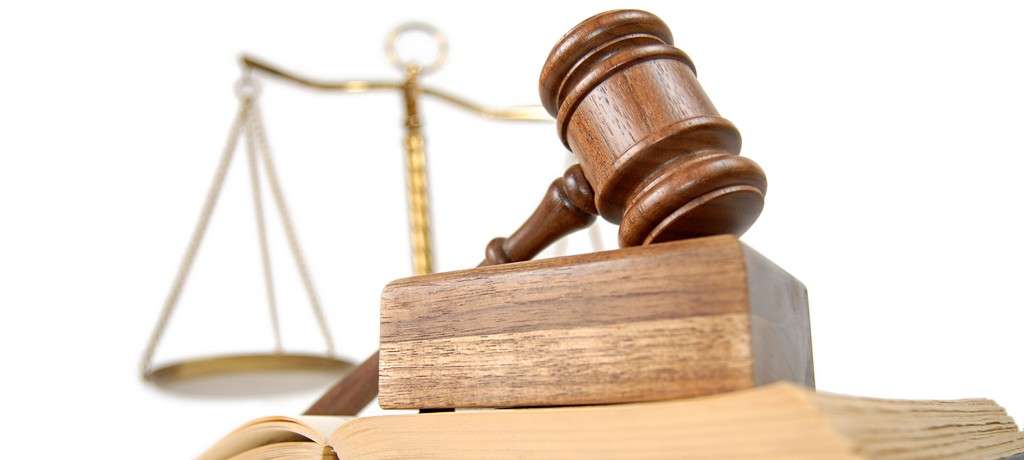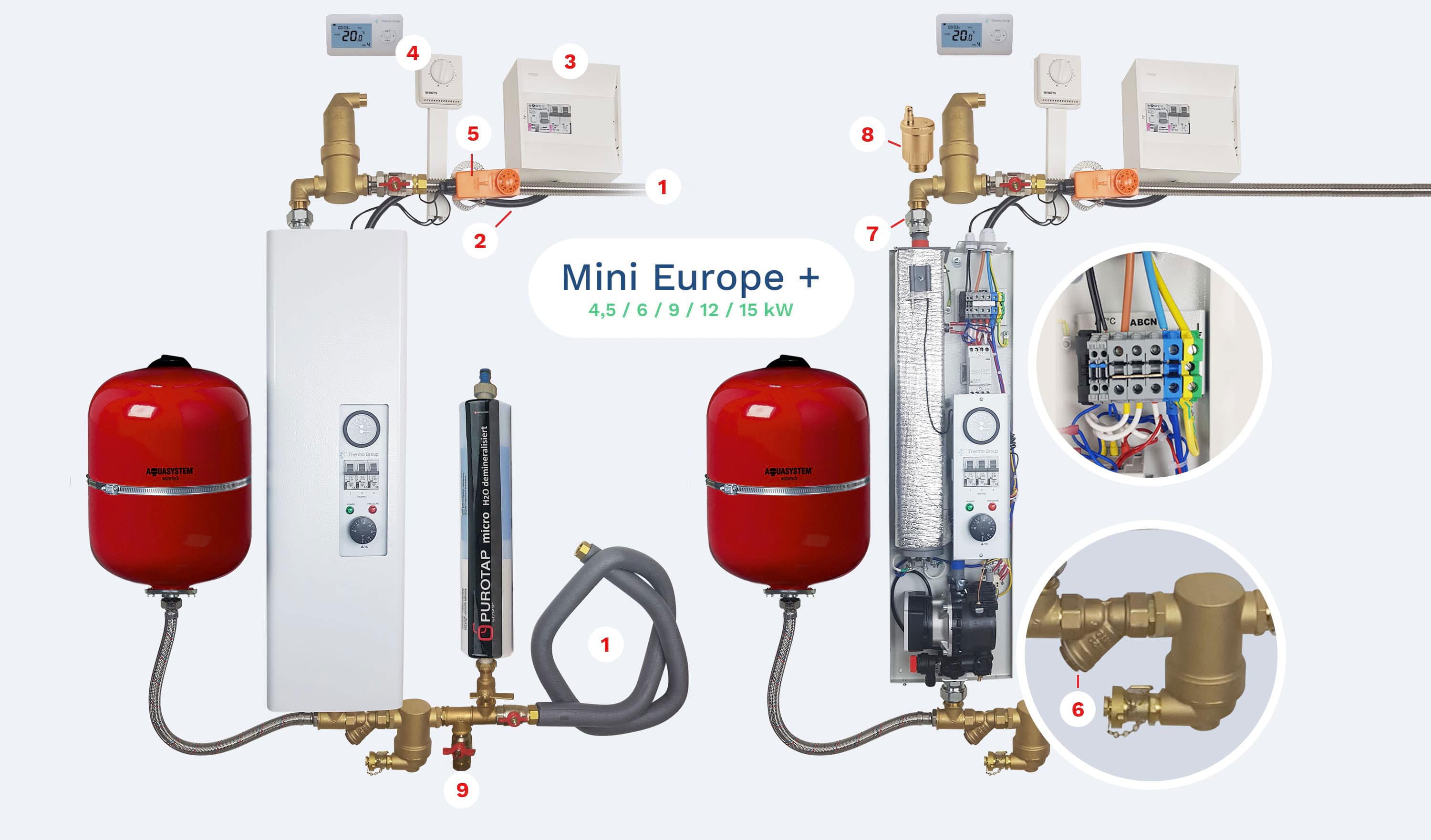
The mention “VDI Directive 2035” is often used on the walls or in the technical specifications of heat pump, boiler, ducting or convector systems. What is it exactly
VDI 2035 : a standard for water quality in circuits
Convectors, radiators, heat pumps, boilers and pipelines : all these systems use circuits which use water, often heated, to work well. But the filling water of these systems must be treated. Modern heating mechanisms use a mixture of materials, including steel, aluminum, stainless steel or copper.
These different materials interact with the filling water, or more precisely with the ions and particles it contains or produces under the effect of heat. This reaction, if not controlled, causes corrosions or scaling.
These deposits and corrosions alter the operation of the heating system. Directive VDI 2035, drawn up by the German Engineers Association, defines the quality of the filling water for these modern heating systems.
A European standard
Directive VDI 2035 contains technical recommendations for installers and manufacturers of heating systems. These indications include the hardness – or the concentration of limestone and salts – and the potential Hydrogen (pH).
The values specified in this standard are recognized and respected by almost all manufacturers of heating circuits and systems in Europe. For an installer or a customer, non-compliance with these values is an exclusion of warranty case, if the heater suffers malfunctions due to the water filling.
VDI Guideline 2035 sets pH and water hardness values in a diagram that is easy for all professionals to read. The permitted hardness is expressed in °dH. It depends on the efficiency of the boiler, measured in kW and the volumes of specific installations or after-sell service of the heating system.
Directive 2035: Effects on the heating system
Basically, the technical circuits of hot water in convectors, radiators and boilers do not have any mechanism of filtration or demineralization. More and more manufacturers have looked into the issue and are currently proposing solutions to quickly demineralize the filling water. Often, the installer is responsible for providing a device capable of supplying water meeting the requirements of VDI Directive 2035, sheet 1 and 2.
However, if you need to install a new convector, boiler, or radiator, look for brands that offer systems with built-in filtration, demineralization, and pH control. This avoids the compatibility concerns of the installations and will fully benefit from the manufacturer’s warranty in the event of a problem.

